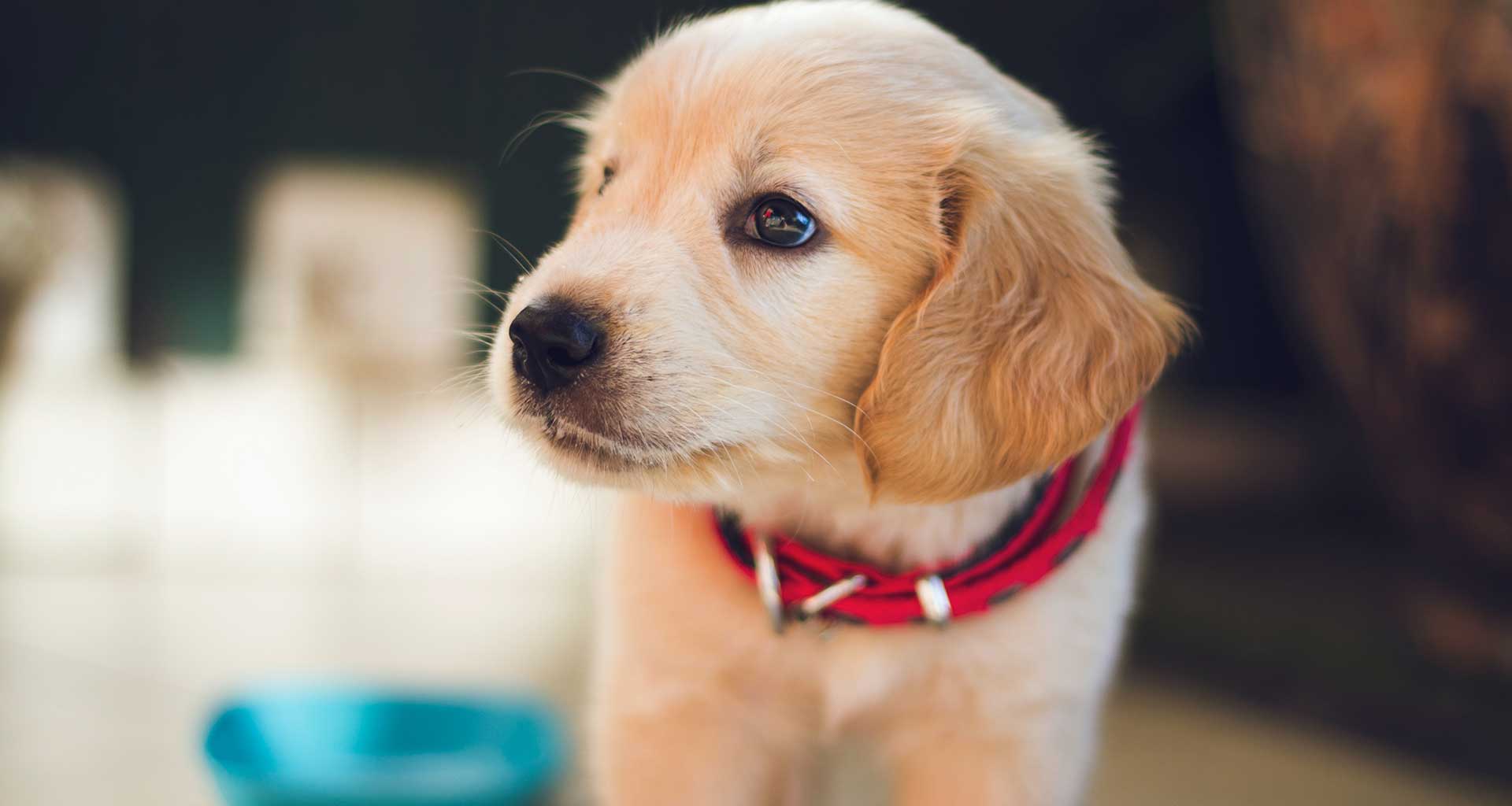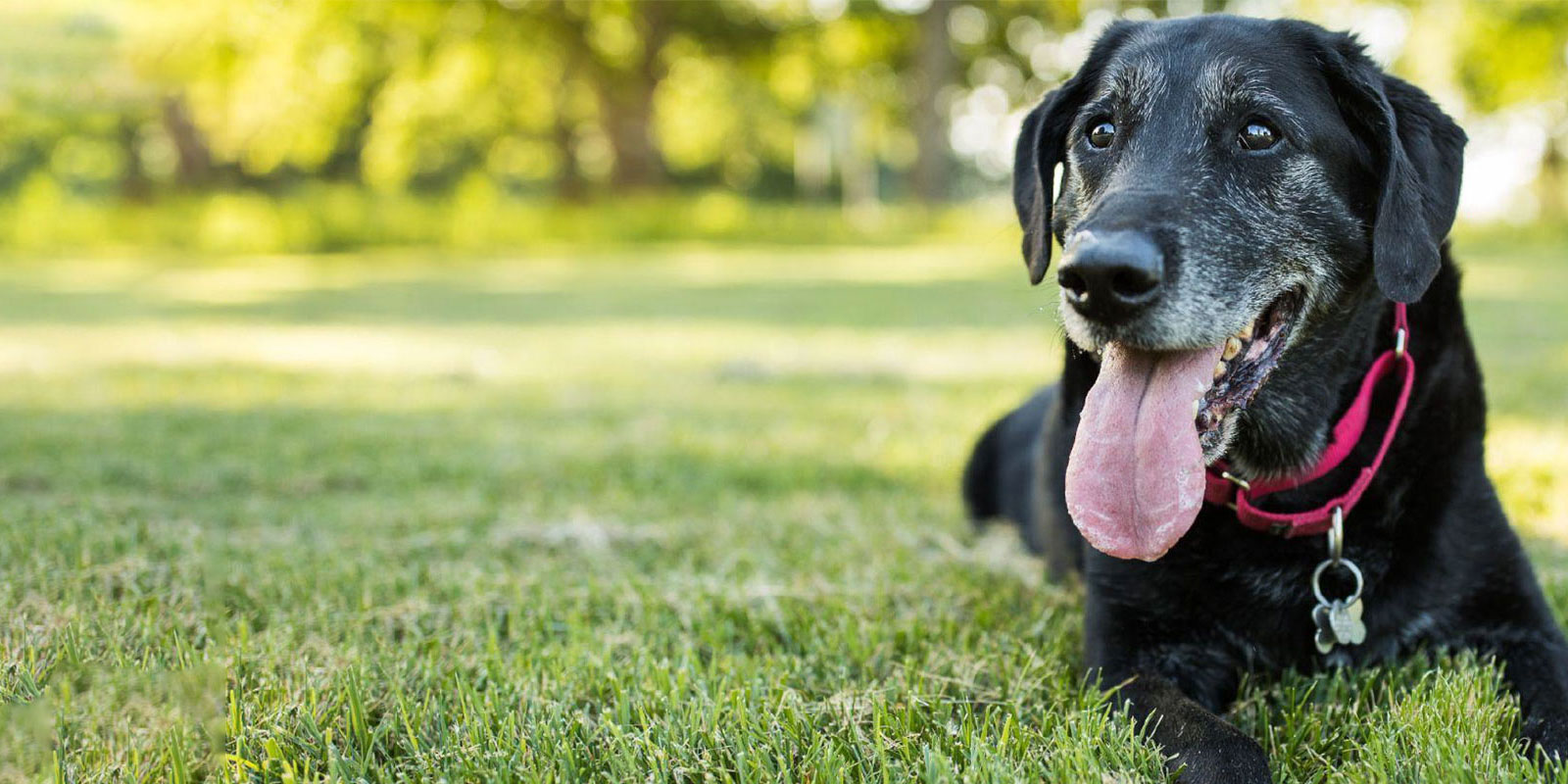We are changing the way that we do dentistry.
Dental disease is one of the most common health problems we see in our patients.Up to 80% of dogs and cats have some form of dental disease by the age of 3 years and 10-20% have fractured teeth. Oral and dental disease can be painful but our patients do not always show signs of pain. Dental disease is progressive and the early stages of dental disease are reversible. We aim to intervene early to minimise and delay the progression of dental disease and ensure the long-term health of our patients.
When we examine an animal’s mouth in the consult room it is not always easy! It can be difficult to assess whether extractions are necessary because this is a decision which often relies on our assessment of dental x-rays. Unexpected extractions can add a significant cost to the procedure and extra time under general anaesthetic. We may also be asking you to make a rushed decision about your pet’s oral care after a short telephone conversation while they are under anaesthetic. To continue to put our patient’s health first we are changing the way we perform dentistry.
What are the changes?
The main change is that we are converting to staged dentals. This is a similar format to when we, as humans, go to the dentist.
Stage 1 involves:
- A comprehensive oral health assessment including dental radiographs
- Scale and polish (clean) teeth
- An individualised plan for further dental treatment including home care.
Stage 2 (if required) – Further treatment which may include:
- Extractions
- Gingival (gum) surgery
- Referral for other procedures such as dental bonding, bone grafts and root canals
Frequently asked questions
- What are the advantages of staging the dental procedures?
- Shorter anaesthetics have been shown to promote faster recovery and healing
- Decreased chances of post-op complications such as gum flap breakdown
- Minimise the uncertainty of estimated costs – the comprehensive assessment at Stage 1 will enable your vet to produce an accurate estimate for Stage 2
- Enables us to discuss the radiographic and oral health assessment findings with you (after Stage 1) prior to proceeding with surgery (Stage 2)
- Enables us to plan our day more efficiently so as to reduce the likelihood of needing to postpone a procedure.
- Are staged dentals going to end up costing me more?
- No, we discount the second stage so that it will cost you the same as if we had done it in one long procedure
- What if my pet has a few loose teeth? Can these be extracted in the stage one procedure?
- If the extraction(s) are simple and likely to be quick, then there is a high chance we can extract the affected tooth or teeth under a single stage procedure.
- What if I can’t afford the Stage 2 dental?
- The good thing about staged dentals is it allows us to better plan based on your individual We can prioritise further work required and discuss payment options through Afterpay.
- Will I get my Best for Pet dental discount off both stages?
- No, it can only be applied to Stage 1 dentals and can only be used once per year.
- Should I do first stage dentals every year?
- Ideally! Most pets will benefit from a regular dental scale and We offer free dental checks to current clients and we can discuss dental care during these checks, at your pet’s annual health check or vaccination appointments.
- Is there a timeframe to do the Stage 2 procedure?
- For patients in which we anticipate a two stage procedure, both procedures will usually be booked at the same time. (Stage 2 will be cancelled if no further work is required). Stage 2 will usually be one to two week (maximum one month) after Stage 1.
- As dental disease is progressive, the costs for Stage 2 estimated at the end of the Stage 1 procedure are only for the teeth and treatment options discussed on that day. If we wait too long between Stage 1 and 2, there is a chance that dental disease has progressed and more work is needed.


